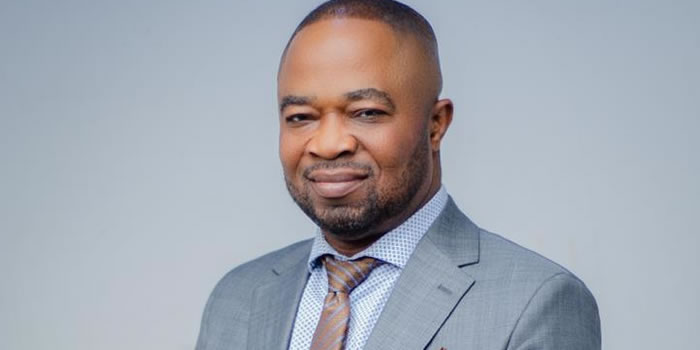

Social and Cultural Structure
Culture
The District has a single paramountcy which is headed by the paramount chief of Mpohor. There are however some sub-chiefs of certain communities within the District that swear allegiance to the Wassa Fiase paramountcy at Tarkwa in the Tarkwa Nsueam Municipality. There are Asafo groups in some communities. The indigenous people celebrate Odwira festival.
Age
The age of every person was recorded in completed years disregarding fractions of days and months. For those persons who did not know their birthdays, the enumerator estimated their ages using a list of district, regional and national historical events.
Nationality
Nationality is defined as the country to which a person belongs. A distinction is made between Ghanaians and other nationals. Ghanaian nationals are grouped into Ghanaian by birth, Ghanaian with dual nationality and Ghanaian by naturalization. Other nationals are grouped into ECOWAS nationals, Africans other than ECOWAS nationals, and non-Africans.
Ethnicity
Ethnicity refers to the ethnic group that a person belonged to. This information is collected only from Ghanaians by birth and Ghanaians with dual nationality. The classification of ethnic groups in Ghana is that officially provided by the Bureau of Ghana Languages and which has been in use since the 1960 census.
Birthplace
The birthplace of a person refers to the locality of usual residence of the mother at the time of birth. If after delivery a mother stayed outside her locality of usual residence for six months or more or had the intention of staying in the new place for six or more months, then the actual town/village of physical birth becomes the birthplace of the child.
Duration of residence
Duration of residence refers to the number of years a person has lived in a particular place. This question is only asked of persons not born in the place where enumeration took place. Breaks in duration of residence lasting less than 12 months are disregarded. The duration of residence of persons who made multiple movements of one (1) year or more is assumed to be the number of years lived in the locality (town or village) since the last movement.
Religion
Religion refers to the individual’s religious affiliation as reported by the respondent, irrespective of the religion of the household head or the head’s spouse or the name of the person. No attempt was made to find out if respondents actually practiced the faith they professed.
Marital status
Marital status refers to the respondent’s marital status as at Census Night. The question on marital status was asked only of persons 12 years and older. The selection of the age limit of 12 years was based on the average age at menarche and also on the practice in some parts of the country where girls as young as 12 years old could be given in marriage.
Date Created : 11/20/2017 6:45:39 AM









 facebook
facebook
 X
X
 Youtube
Youtube
 instagram
instagram
 +233 593 831 280
+233 593 831 280 0800 430 430
0800 430 430 GPS: GE-231-4383
GPS: GE-231-4383 info@ghanadistricts.com
info@ghanadistricts.com Box GP1044, Accra, Ghana
Box GP1044, Accra, Ghana